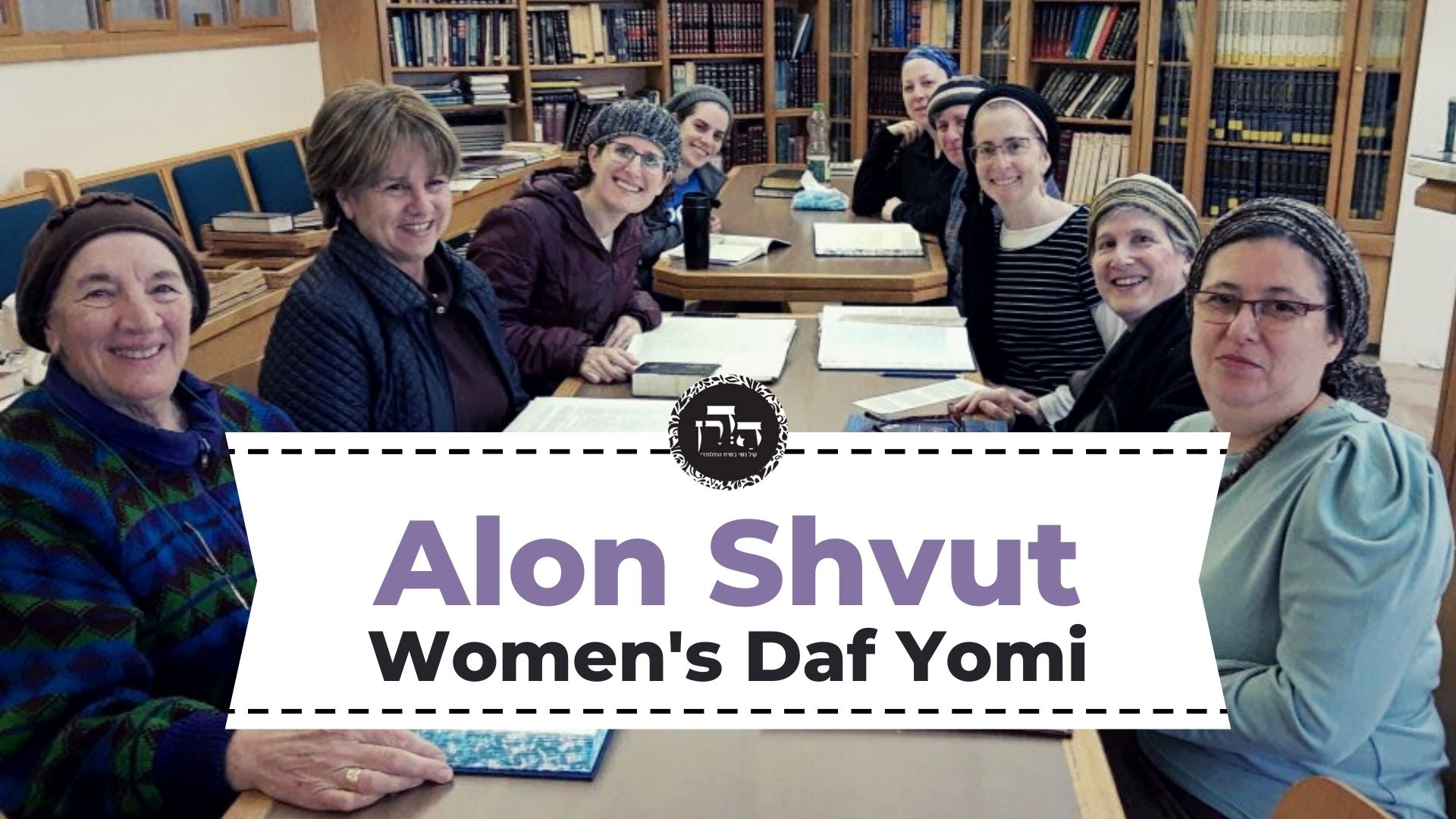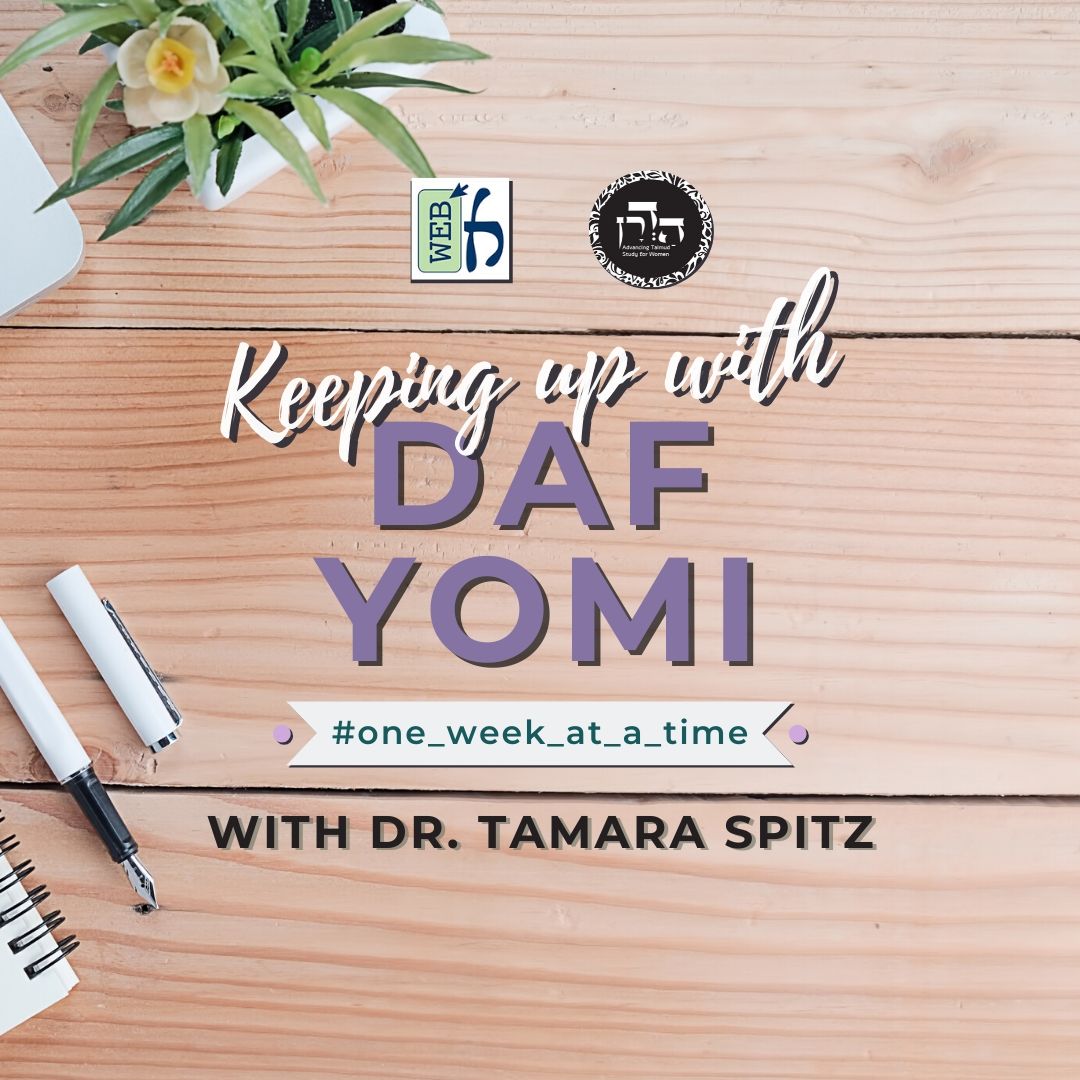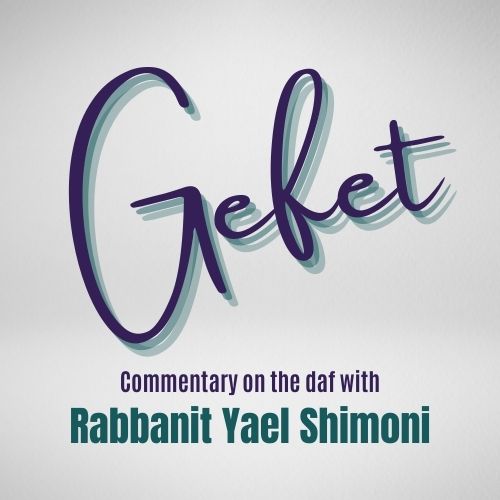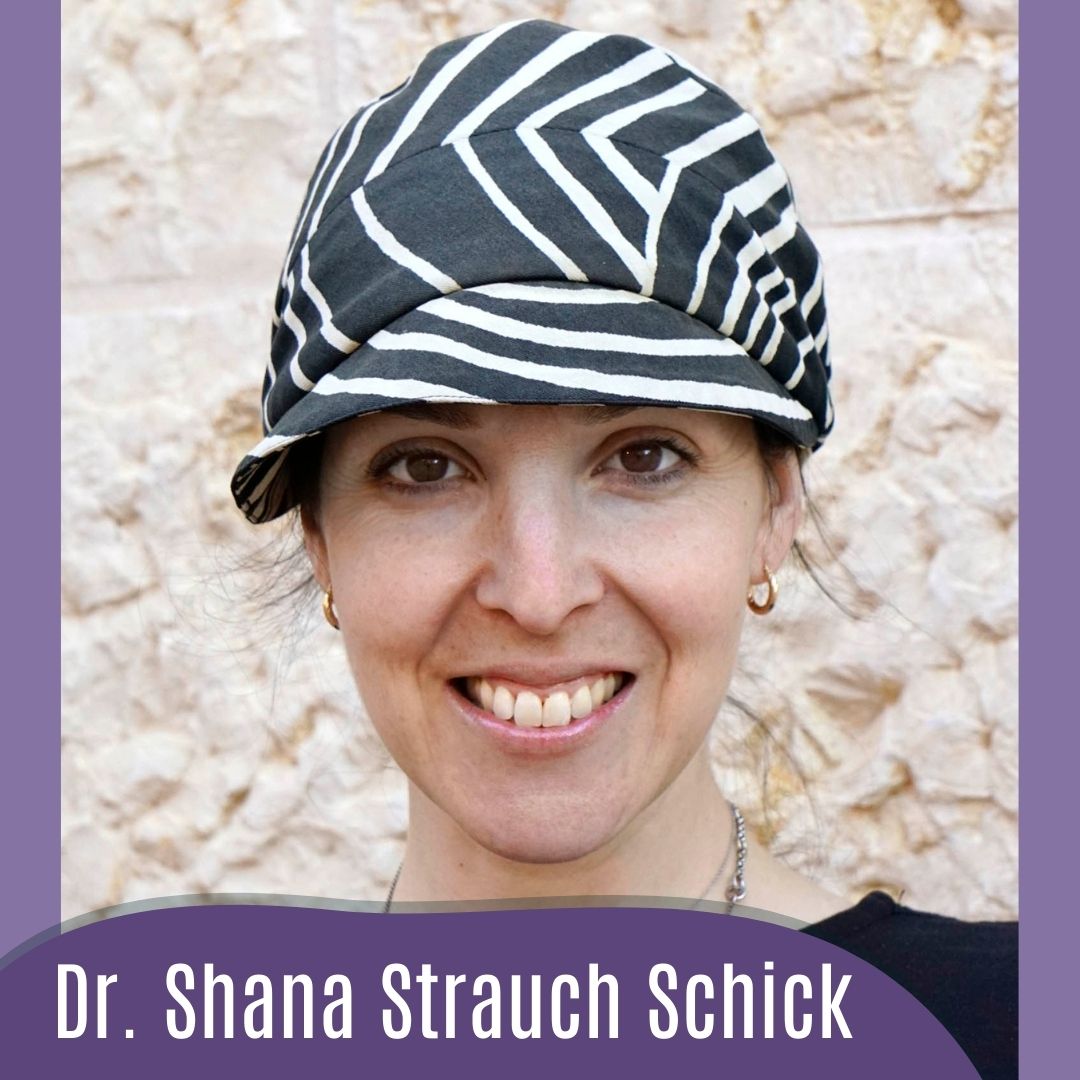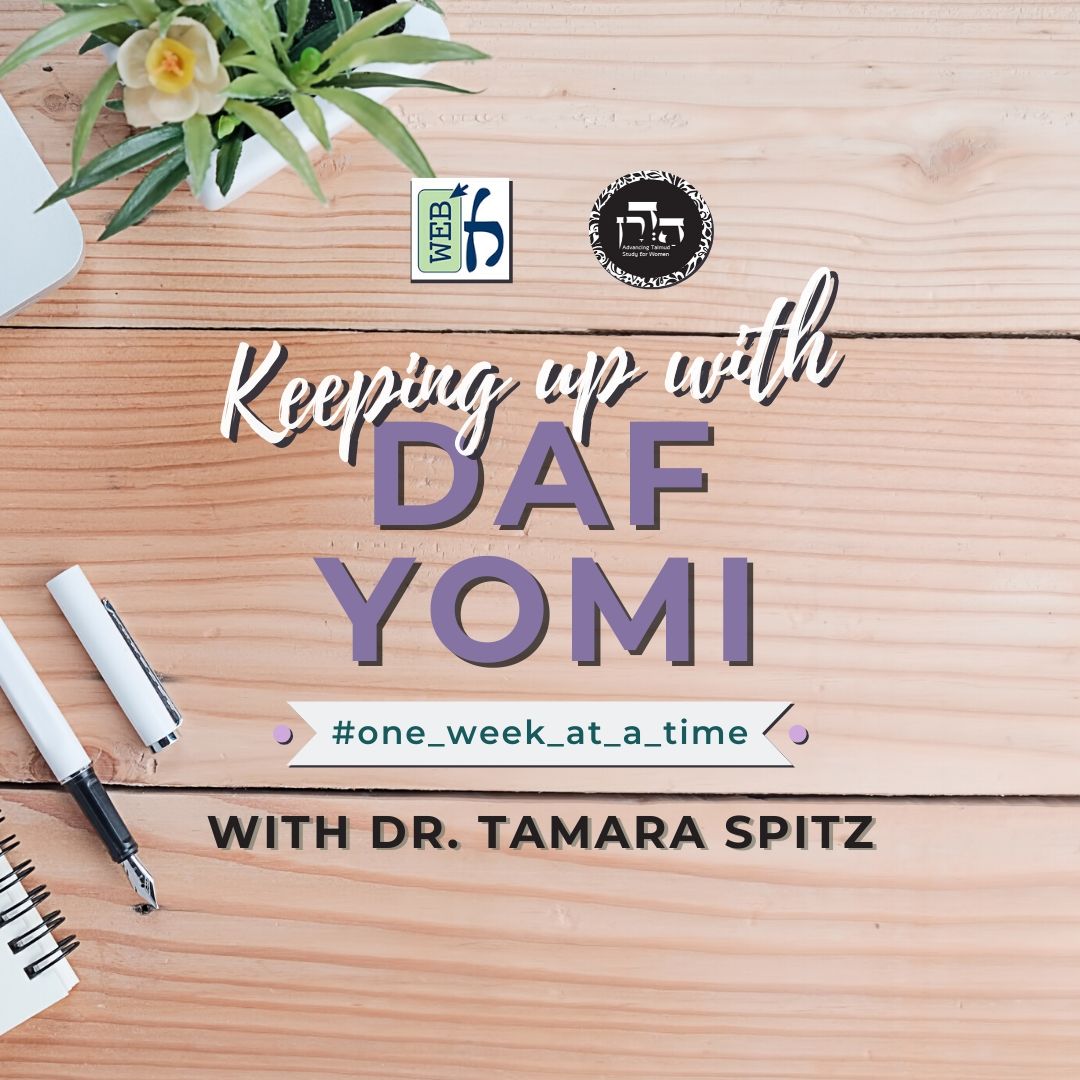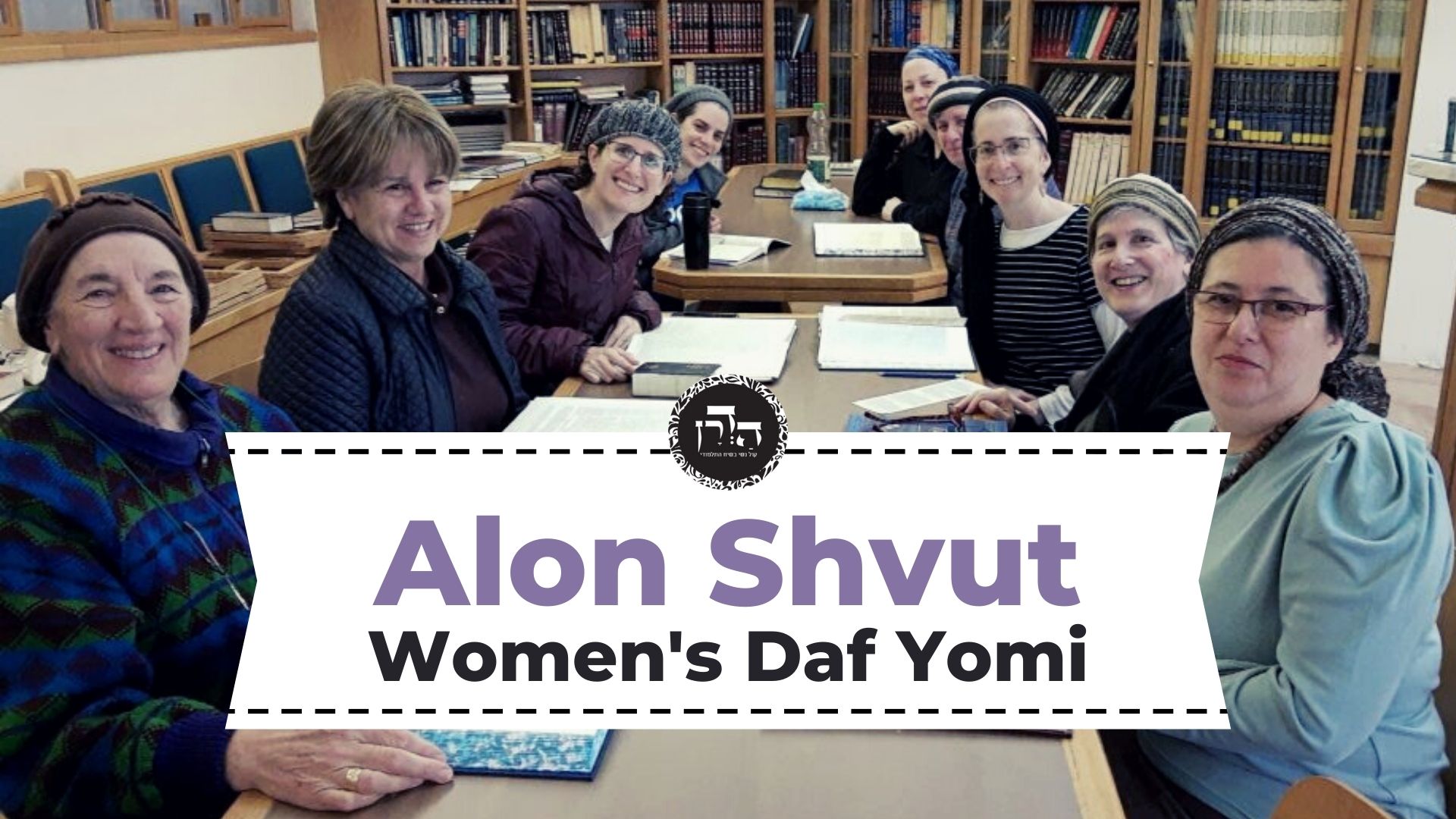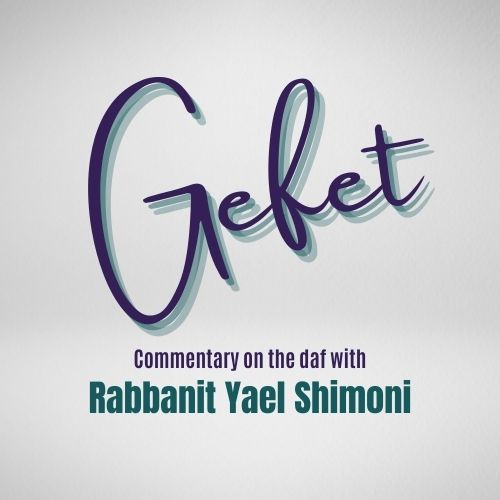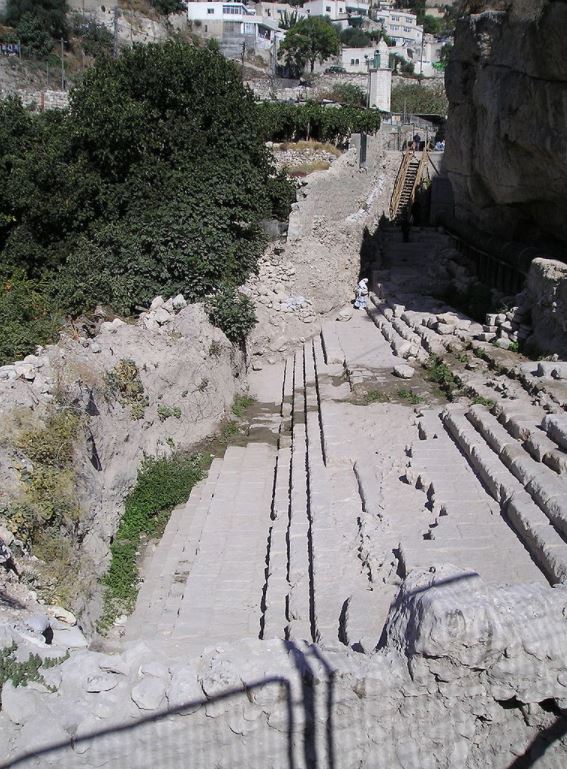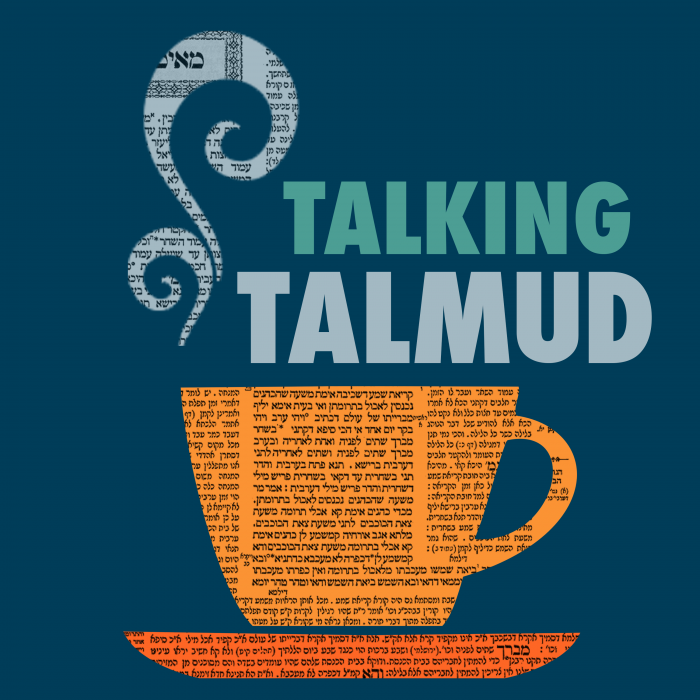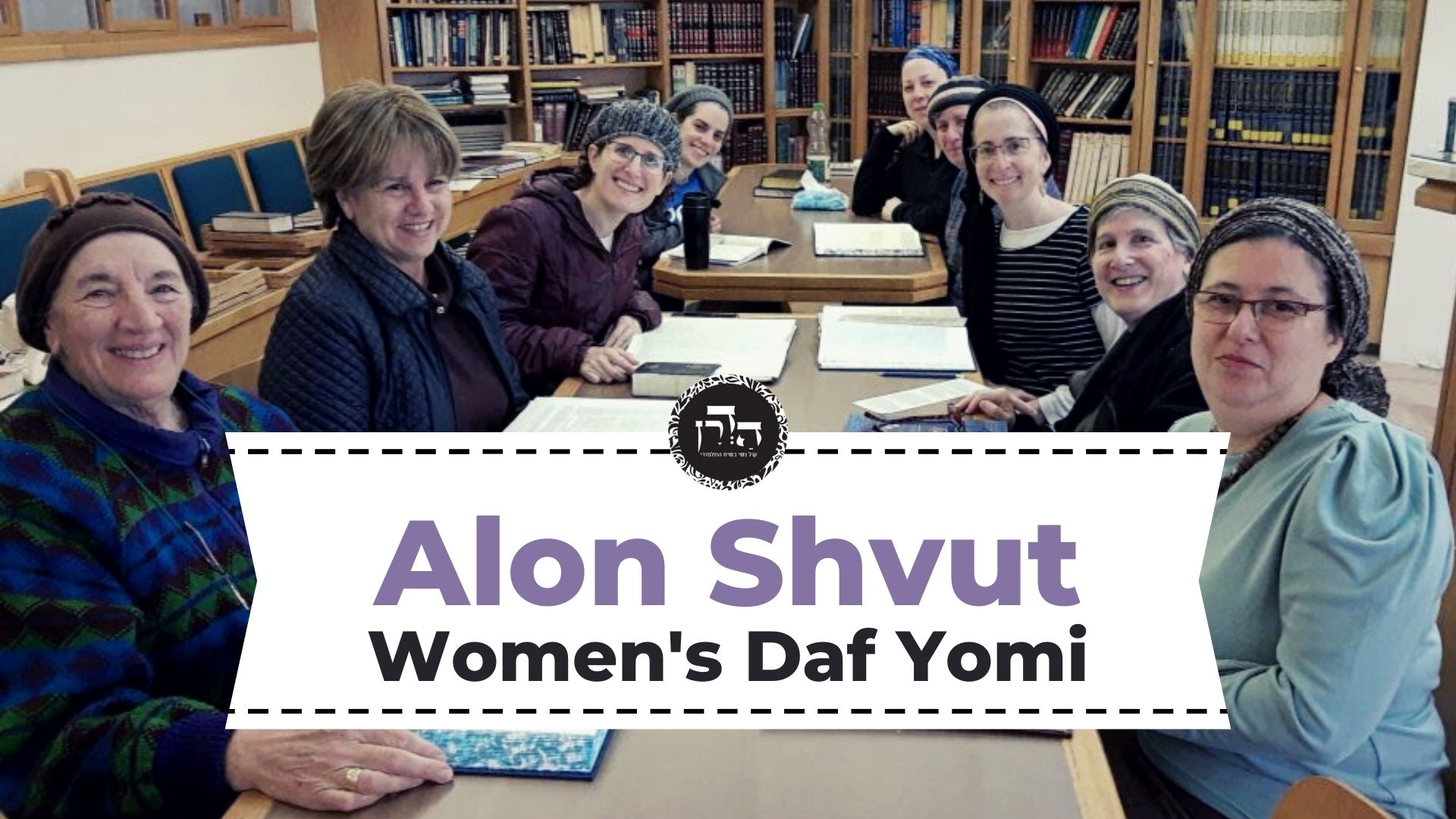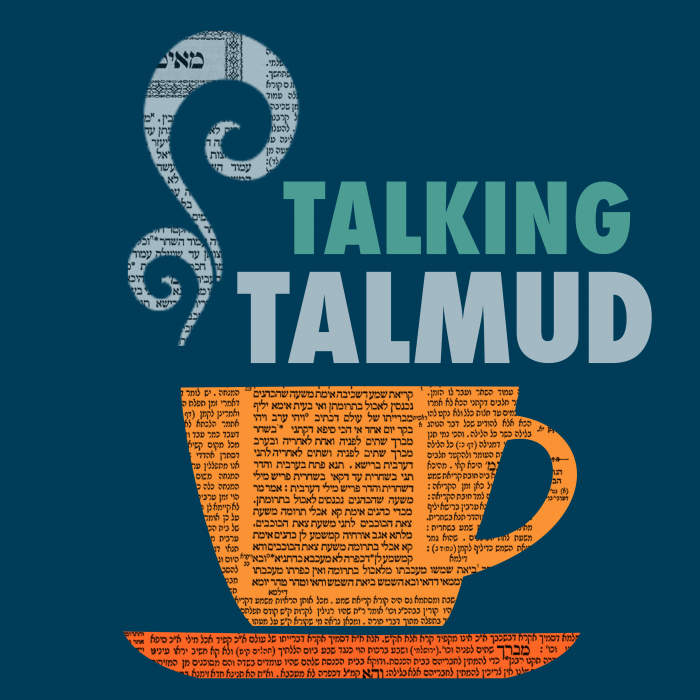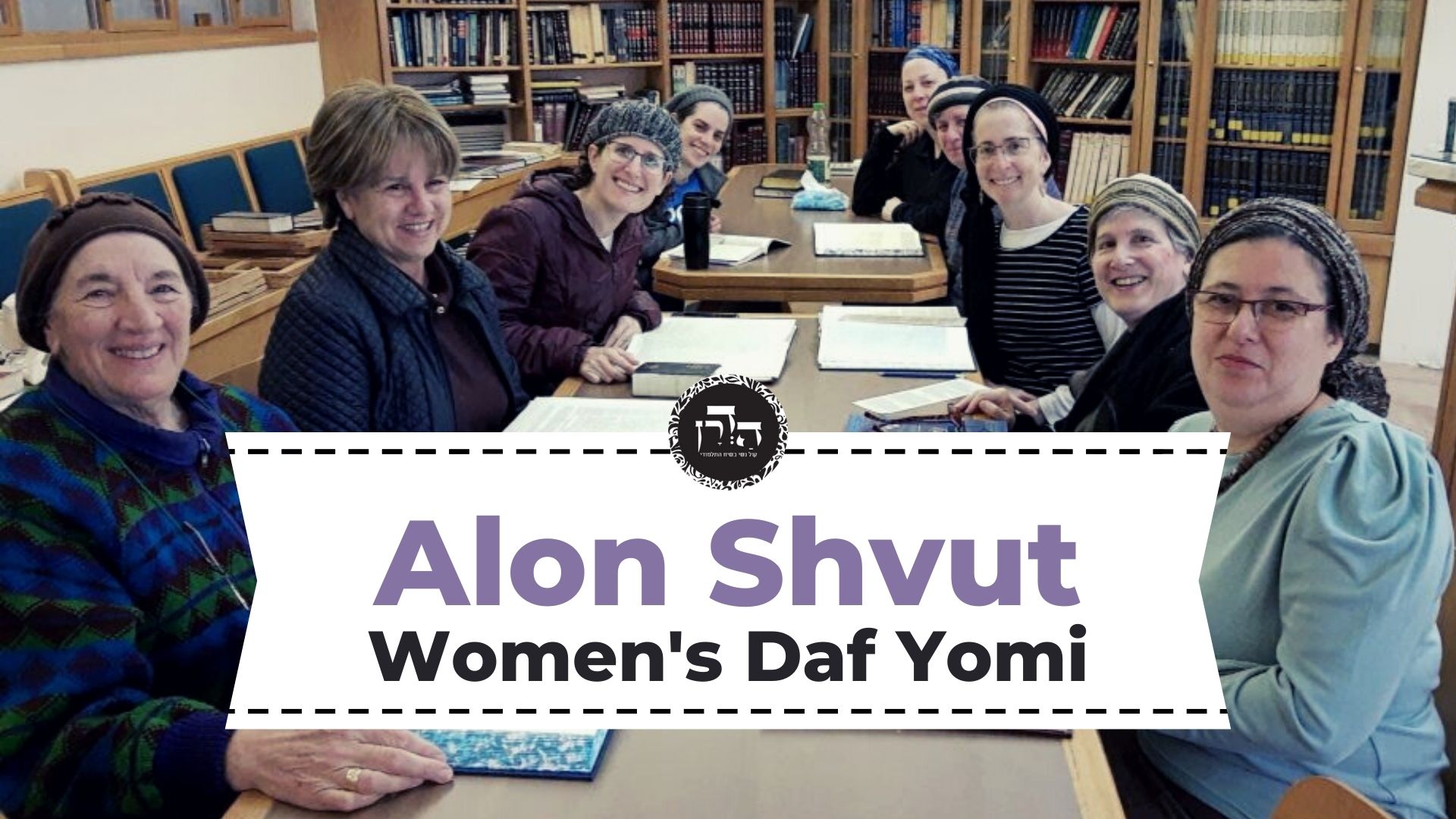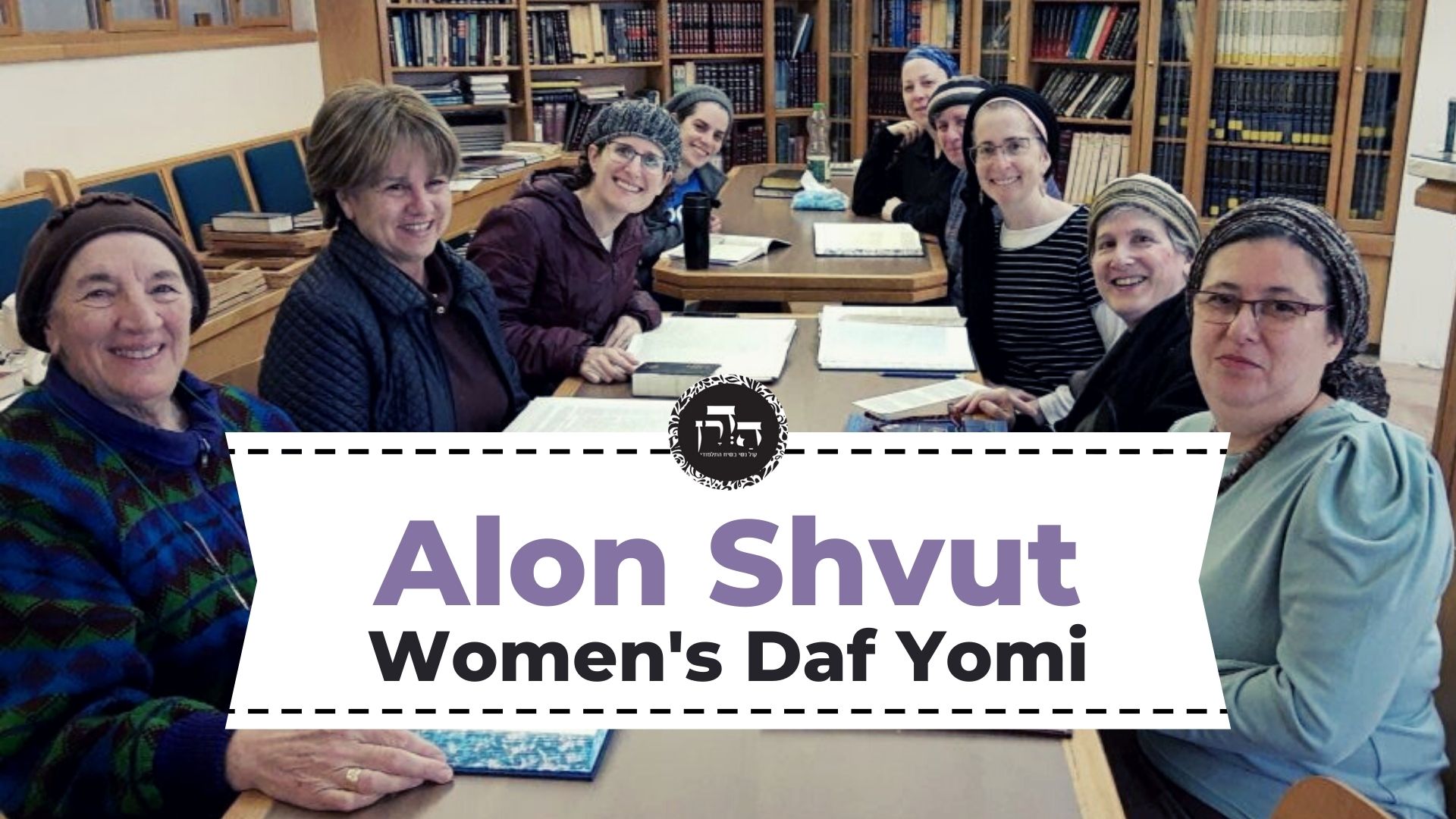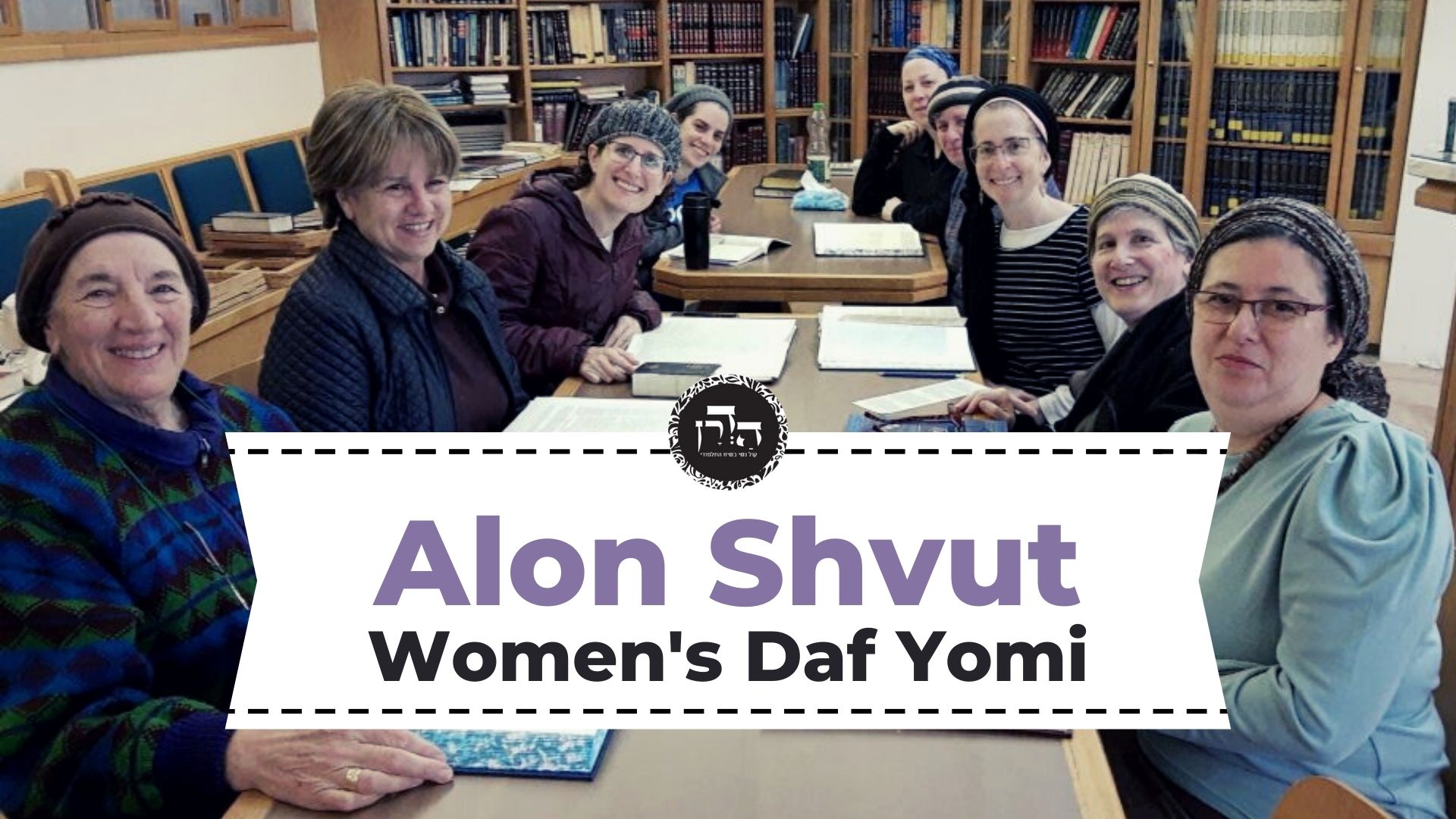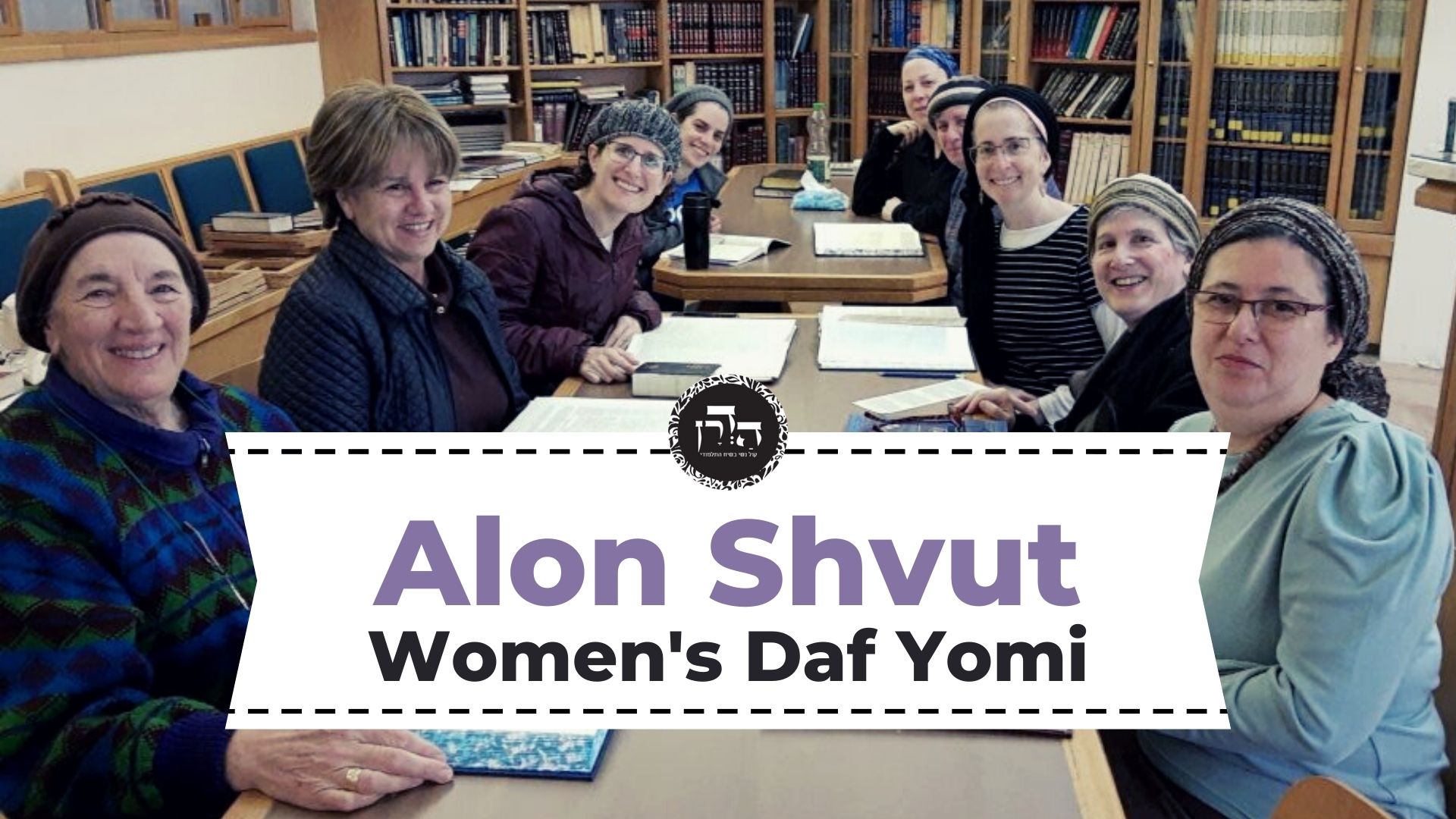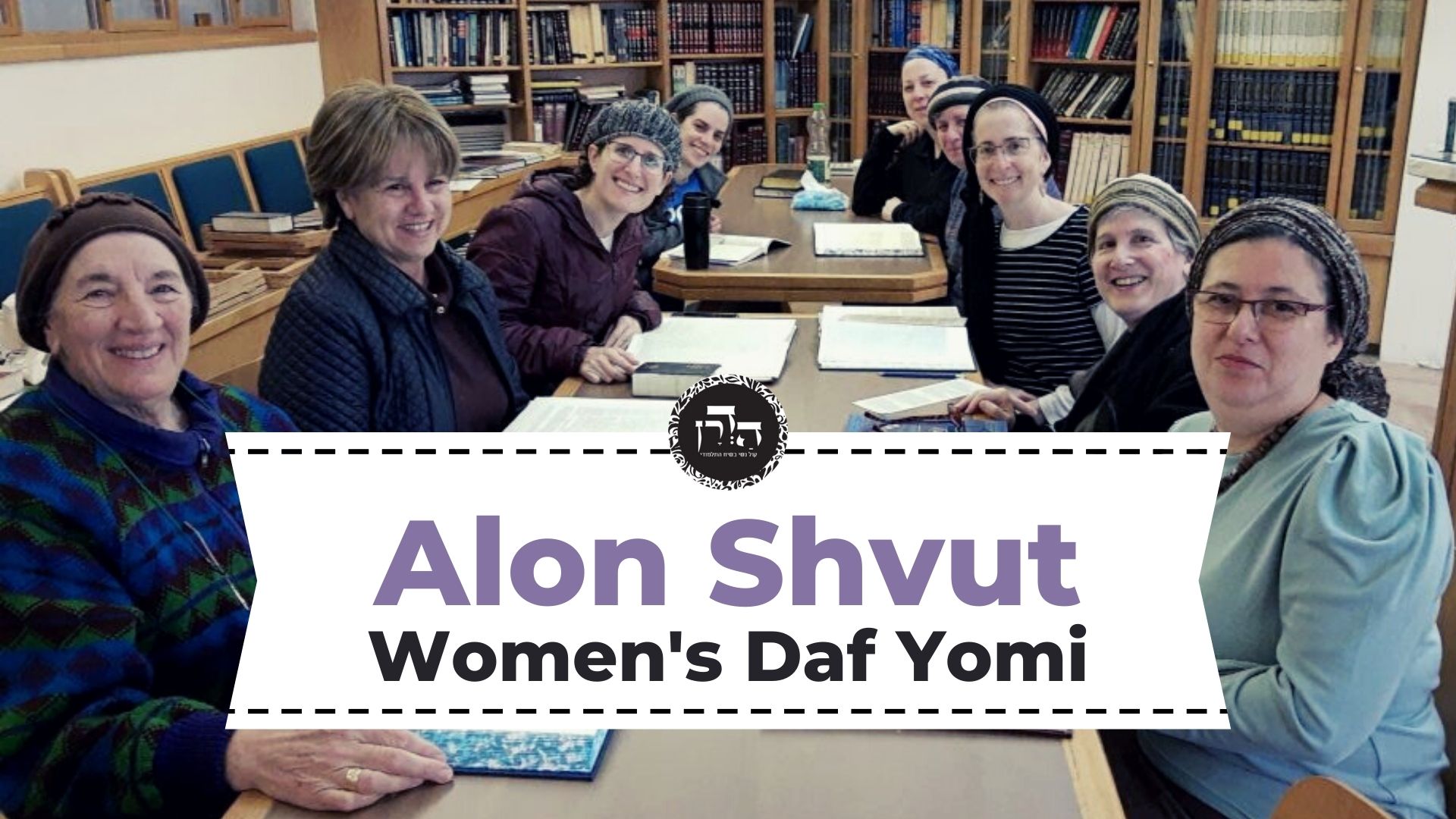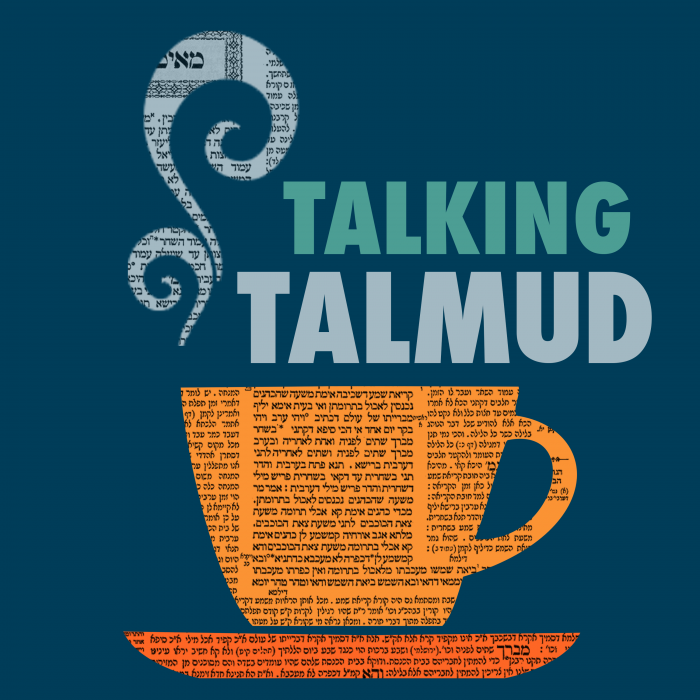Why does a lulav override Shabbat only when the first day falls on Shabbat? And why only in the time of the Temple? Does it override Shabbat in some places even after the time of the Temple? Why? The gemara brings a braita with a drasha from where it is derived that the lulav is taken even on Shabbat. However, based on a question, they conclude that the braita is only according to Rabbi Eliezer as it means that preparations for the lulav are permitted on Shabbat as per his approach in general. The gemara then tries to figure out what Rabbi Eliezer and the rabbis each derive from the different parts of the verse – including from where does each derive that lulav is only to be taken during the day? From where is it derived that Sukkah is a mitzva during both the day and the night? The mitzva of arava on the seventh day overrides Shabbat in the time of the Temple? Why only the seventh and why specifically the seventh? What about after the destruction of the Temple? Could the seventh ever fall on Shabbat? Rav Yosef holds that it doesn’t override Shabbat after the destruction as the mitzva of arava is to place them around the altar and there is no altar. Abaye brings 3 sources to question Rav Yosef. The first two have resolutions but the third does not. Part of the discussion revolves around a debate among many (including Rav Yosef and Abaye) whether when they encircled the altar were they holding aravot or a lulav? In the end, the gemara concludes that after the Temple, arava does not override Shabbat as we no longer know exactly when the holiday is, as those in Babylonia were far from where the new moon was determined. And those in Israel keep the same law as to keep the laws the same everywhere. They then conclude that the same is true for lulav.
This week’s learning is sponsored by Nira Feldman in loving memory of her mother, Faye Darack Z’L 3rd yahrzeit. “She was a dedicated Hadran learner and continues to inspire us with her curiosity and love of learning each day. We miss her deeply.”
Want to dedicate learning? Get started here:


Summary
Today’s daily daf tools:
This week’s learning is sponsored by Nira Feldman in loving memory of her mother, Faye Darack Z’L 3rd yahrzeit. “She was a dedicated Hadran learner and continues to inspire us with her curiosity and love of learning each day. We miss her deeply.”
Today’s daily daf tools:
Delve Deeper
Broaden your understanding of the topics on this daf with classes and podcasts from top women Talmud scholars.
New to Talmud?
Check out our resources designed to help you navigate a page of Talmud – and study at the pace, level and style that fits you.
The Hadran Women’s Tapestry
Meet the diverse women learning Gemara at Hadran and hear their stories.
Sukkah 43
וְיַעֲבִירֶנּוּ אַרְבַּע אַמּוֹת בִּרְשׁוּת הָרַבִּים. וְהַיְינוּ טַעְמָא דְשׁוֹפָר, וְהַיְינוּ טַעְמָא דִמְגִילָּה.
and in doing so carry it four cubits in the public domain, thereby violating a severe Torah prohibition. And that is the reason for the prohibition against sounding the shofar on Shabbat, and that is the reason for the prohibition against reading the Scroll of Esther when Purim coincides with Shabbat.
אִי הָכִי יוֹם רִאשׁוֹן נָמֵי! רִאשׁוֹן, הָא תַּקִּינוּ לֵיה רַבָּנַן בְּבֵיתוֹ. הָתִינַח אַחַר תַּקָּנָה, קוֹדֶם תַּקָּנָה מַאי אִיכָּא לְמֵימַר!
The Gemara asks: If so, on the first day of Sukkot that coincides with Shabbat too one should not take the lulav due to this concern. The Gemara answers: With regard to the first day, the Sages instituted that one should take the four species in his house. Since the Sages already prohibited one from taking the lulav out of the house, he will remember that it is prohibited and will not come to take it elsewhere to learn to wave it or to recite the blessing. The Gemara asks: This works out well after the ordinance that one takes the lulav in his house was instituted. However, prior to introducing the ordinance, what is there to say in explaining why it is permitted to take the lulav on the first day?
אֶלָּא, רִאשׁוֹן דְּאִיתֵיהּ מִן הַתּוֹרָה בִּגְבוּלִין — לָא גְּזַרוּ בְּהוּ רַבָּנַן. הָנָךְ דְּלֵיתַנְהוּ מִן הַתּוֹרָה בִּגְבוּלִין — גְּזַרוּ בְּהוּ רַבָּנַן.
Rather, the Gemara rejects the previous explanation and explains the distinction differently. On the first day, when the mitzva of taking the lulav even in the outlying areas and not just in the Temple is in effect by Torah law, the Sages did not issue a decree to prohibit taking the lulav on the first day and permitted the mitzva to be performed even in the outlying areas. However, with regard to these other days of Sukkot, when the mitzva of taking the lulav is not in effect by Torah law in the outlying areas and the lulav is taken there only to commemorate the practice in the Temple, the Sages issued a decree to prohibit taking the lulav on the other days.
אִי הָכִי, הָאִידָּנָא נָמֵי! אֲנַן לָא יָדְעִינַן בְּקִיבּוּעָא דְיַרְחָא. אִינְהוּ, דְּיָדְעִי בְּקִיבּוּעָא דְיַרְחָא, לִידְחוֹ!
The Gemara asks: If it is so that the mitzva on the first day is a mitzva by Torah law even in the outlying areas, today too one should take the lulav on the first day of Sukkot that coincides with Shabbat. The Gemara answers: We do not know when precisely the establishment of the month was determined by the court. Therefore, it is possible that the day observed as the first day of Sukkot is not Sukkot at all. Certainly, one does not violate the rabbinic decree to fulfill a mitzva that is not definitely a mitzva by Torah law. The Gemara asks: If so, with regard to the people of Eretz Yisrael, who sanctify the month based on eyewitness testimony and who know when precisely the establishment of the month was determined by the court, let them override Shabbat for the mitzva of lulav on the first day of Sukkot even today.
אִין הָכִי נָמֵי. (דְּתָנֵי) חֲדָא: בְּיוֹם טוֹב הָרִאשׁוֹן שֶׁל חַג שֶׁחָל לִהְיוֹת בְּשַׁבָּת כׇּל הָעָם מוֹלִיכִין אֶת לוּלְבֵיהֶן לְהַר הַבַּיִת, (וְתַנְיָא) אִידַּךְ: לְבֵית הַכְּנֶסֶת. שְׁמַע מִינַּהּ: כָּאן — בִּזְמַן שֶׁבֵּית הַמִּקְדָּשׁ קַיָּים, כָּאן — בִּזְמַן שֶׁאֵין בֵּית הַמִּקְדָּשׁ קַיָּים. שְׁמַע מִינַּהּ.
The Gemara answers: Yes, it is indeed so, and that is their practice, as it was taught in one mishna: On the first day of the Festival that occurs on Shabbat, all the people bring their lulavim to the Temple Mount on Friday. And we learned in another mishna: They bring their lulavim to the synagogue. Learn from the change in formulation that here, where the mishna says that they bring their lulavim to the Temple Mount, it is referring to when the Temple is in existence, and there, where the mishna says that they bring their lulavim to the synagogue, it is referring to when the Temple is not in existence. The Gemara concludes: Indeed, learn from it that this is so.
דְּאִיתֵיהּ מִן הַתּוֹרָה בִּגְבוּלִין מְנָא לַן? דְּתַנְיָא: ״וּלְקַחְתֶּם״. שֶׁתְּהֵא לְקִיחָה בְּיַד כׇּל אֶחָד וְאֶחָד.
§ The Gemara asks: From where do we derive that by Torah law the mitzva of lulav on the first day is in effect even in the outlying areas? The Gemara answers: As it was taught in a baraita: “And you shall take for yourselves on the first day the fruit of a beautiful tree, branches of a date palm, and boughs of a dense-leaved tree, and willows of the brook, and you shall rejoice before the Lord your God seven days” (Leviticus 23:40). The Sages parse the phrases and terms in the verse. In the phrase “And you shall take,” the plural form of you is used, indicating that there should be taking in the hand of each and every one, and no one can fulfill the obligation on another’s behalf.
״לָכֶם״ — מִשֶּׁלָּכֶם, לְהוֹצִיא אֶת הַשָּׁאוּל וְאֶת הַגָּזוּל. ״בַּיּוֹם״ — וַאֲפִילּוּ בַּשַּׁבָּת. ״רִאשׁוֹן״ — אֲפִילּוּ בִּגְבוּלִין. ״הָרִאשׁוֹן״ — מְלַמֵּד שֶׁאֵינוֹ דּוֹחֶה אֶלָּא יוֹם טוֹב הָרִאשׁוֹן בִּלְבַד.
They continue to expound the verse. Yourselves indicates from your own, to exclude a borrowed or stolen lulav. On the day comes to emphasize that there is a mitzva by Torah law to take the lulav on each day of the Festival, even on Shabbat. The word first, used with no qualification as to where the lulav is to be taken, indicates that this obligation is in effect everywhere on the first day, even in the outlying areas. The first, with the definite article for emphasis, is restrictive and teaches that the mitzva of taking the lulav overrides Shabbat only on the first day of the Festival.
אָמַר מָר: ״בַּיּוֹם״ — וַאֲפִילּוּ בַּשַּׁבָּת. מִכְּדֵי טִלְטוּל בְּעָלְמָא הוּא, אִיצְטְרִיךְ קְרָא לְמִישְׁרֵי טִלְטוּל? אָמַר רָבָא: לֹא נִצְרְכָא אֶלָּא לְמַכְשִׁירֵי לוּלָב, וְאַלִּיבָּא דְּהַאי תַּנָּא, דְּתַנְיָא: לוּלָב וְכׇל מַכְשִׁירָיו דּוֹחִין אֶת הַשַּׁבָּת, דִּבְרֵי רַבִּי אֱלִיעֶזֶר.
The Gemara analyzes the baraita. The Master said: On the day, indicates even on Shabbat. The Gemara asks: Now, since taking the four species entails merely moving the object and is prohibited due to the rabbinic prohibition of set-aside, is a verse needed to permit moving the lulav? Obviously, the Torah does not address prohibitions that are not by Torah law. Rava said: Indeed, the verse is necessary only for actions that are facilitators of the performance of the mitzva of lulav, i.e., to permit actions necessary to prepare a lulav for the mitzva, such as severing it from the tree, which may be performed on Shabbat. And that is in accordance with the opinion of this tanna who permits doing so on Shabbat, as it was taught in a baraita: Lulav and all the actions that are its facilitators override Shabbat; this is the statement of Rabbi Eliezer.
מַאי טַעְמָא דְּרַבִּי אֱלִיעֶזֶר? אָמַר קְרָא: ״בַּיּוֹם״, וַאֲפִילּוּ בַּשַּׁבָּת. וְרַבָּנַן —הַאי בַּיּוֹם מַאי עָבְדִי לֵיהּ? מִיבְּעֵי לֵיהּ: ״בַּיּוֹם״, וְלֹא בַּלַּיְלָה. וְרַבִּי אֱלִיעֶזֶר ״בַּיּוֹם״ וְלֹא בַּלַּיְלָה מְנָא לֵיהּ? נָפְקָא לֵיהּ מִסֵּיפָא דִקְרָא: ״וּשְׂמַחְתֶּם לִפְנֵי ה׳ אֱלֹהֵיכֶם שִׁבְעַת יָמִים״ — יָמִים וְלֹא לֵילוֹת. וְרַבָּנַן — אִי מֵהָתָם הֲוָה אָמֵינָא: לֵילַף ״יָמִים״ ״יָמִים״ מִסּוּכָּה. מָה לְהַלָּן — יָמִים וַאֲפִילּוּ לֵילוֹת, אַף כָּאן נָמֵי יָמִים — וַאֲפִילּוּ לֵילוֹת.
The Gemara explains: What is the rationale for the statement of Rabbi Eliezer? It is as the verse states: On the day, indicating that the obligation exists every day of the Festival, and even on Shabbat.
The Gemara asks: And the Rabbis, what do they do with the verse: On the day? The Gemara answers: They require it to teach that the mitzva of taking the lulav is specifically during the day and not at night.
The Gemara asks: And from where does Rabbi Eliezer derive that the lulav is taken during the day and not at night? The Gemara answers: He derives it from the end of the verse: “And you shall rejoice before the Lord your God seven days” (Leviticus 23:40), indicating that the obligation to take the lulav is during the days and not during the nights.
The Gemara asks: And the Rabbis, why don’t they derive it from that verse? The Gemara answers: If it was derived from there, I would have said: Derive days written with regard to lulav from days written with regard to sukka by means of a verbal analogy; just as there, with regard to sukka, it means days and even nights, here too, with regard to lulav, it means days and even nights.
וְסוּכָּה גּוּפַהּ מְנָלַן? דְּתָנוּ רַבָּנַן: ״בַּסּוּכּוֹת תֵּשְׁבוּ שִׁבְעַת יָמִים״, ״יָמִים״ — וַאֲפִילּוּ לֵילוֹת. אַתָּה אוֹמֵר ״יָמִים״ — וַאֲפִילּוּ לֵילוֹת, אוֹ אֵינוֹ אֶלָּא ״יָמִים״ וְלֹא לֵילוֹת? וְדִין הוּא: נֶאֱמַר כָּאן ״יָמִים״, וְנֶאֱמַר בְּלוּלָב ״יָמִים״, מָה לְהַלָּן — ״יָמִים״ וְלֹא לֵילוֹת, אַף כָּאן — ״יָמִים״ וְלֹא לֵילוֹת.
The Gemara asks: And with regard to sukka itself, from where do we derive that the mitzva is observed at night as well? As the Sages taught in a baraita that it is written: “You shall reside in sukkot for seven days” (Leviticus 23:42), from which they derived: Days and even nights. The tanna continues the discussion: Do you say days and even nights; or perhaps the meaning is only days and not nights? And it may be inferred logically that the latter is correct. It is stated here, with regard to sukka: “Days.” And it is stated with regard to lulav: “Days.” Just as there, with regard to lulav, the meaning is days and not nights, so too here, with regard to sukka, the meaning is days and not nights. That is one possibility.
אוֹ כְּלָךְ לַדֶּרֶךְ זוֹ: נֶאֱמַר כָּאן ״יָמִים״ וְנֶאֱמַר בְּמִלּוּאִים ״יָמִים״. מָה לְהַלָּן — ״יָמִים״ וַאֲפִילּוּ לֵילוֹת, אַף כָּאן — ״יָמִים״ וַאֲפִילּוּ לֵילוֹת.
Or, perhaps, go this way and say the opposite. It is stated here, with regard to sukka: Days, and it is stated with regard to the inauguration of the Tabernacle: “And at the door of the Tent of Meeting you shall reside day and night seven days” (Leviticus 8:35). Just as there, with regard to the inauguration of the Tabernacle, the meaning is days and even nights, so too here, with regard to sukka, the meaning is days and even nights. A source exists for either possibility.
נִרְאֶה לְמִי דּוֹמֶה: דָּנִין דָּבָר שֶׁמִּצְוָתוֹ כׇּל הַיּוֹם מִדָּבָר שֶׁמִּצְוָתוֹ כׇּל הַיּוֹם, וְאַל יוֹכִיחַ דָּבָר שֶׁמִּצְוָתוֹ שָׁעָה אַחַת. אוֹ כְּלָךְ לְדֶרֶךְ זוֹ: דָּנִין דָּבָר שֶׁמִּצְוָתוֹ לְדוֹרוֹת מִדָּבָר שֶׁמִּצְוָתוֹ לְדוֹרוֹת, וְאַל יוֹכִיחוּ מִלּוּאִים שֶׁאֵין נוֹהֲגִין לְדוֹרוֹת.
The baraita continues: Let us see to which of the paradigms the mitzva of sukka is comparable. Perhaps one derives a matter whose mitzva is in effect the entire day, sukka, from another matter whose mitzva is in effect the entire day, the inauguration of the Tabernacle, and do not let a matter whose mitzva is in effect for a brief moment, lulav, prove otherwise. Or perhaps go this way and say the opposite: One derives a matter whose mitzva is in effect throughout the generations, sukka, from another matter whose mitzva is in effect throughout the generations, lulav, and do not let the inauguration that is not in practice throughout the generations, as it was in effect only at the establishment of the Tabernacle, prove otherwise.
תַּלְמוּד לוֹמַר:
Since it is impossible to determine the more appropriate source based on logical inference, derive the matter as the verse states:
״תֵּשְׁבוּ״ ״תֵּשְׁבוּ״ — לִגְזֵרָה שָׁוָה. נֶאֱמַר כָּאן ״תֵּשְׁבוּ״, וְנֶאֱמַר בְּמִלּוּאִים ״תֵּשְׁבוּ״. מָה לְהַלָּן — ״יָמִים״ וַאֲפִילּוּ לֵילוֹת, אַף כָּאן — ״יָמִים״ וַאֲפִילּוּ לֵילוֹת.
“You shall reside,” “you shall reside,” by means of a verbal analogy. It is stated here, with regard to sukka: “You shall reside in sukkot seven days” (Leviticus 23:42), and it is stated with regard to the inauguration of the Tabernacle: “And at the door of the Tent of Meeting you shall reside day and night seven days” (Leviticus 8:35). Just as there, with regard to the inauguration, the meaning is days and even nights, so too here, with regard to sukka, the meaning is days and even nights.
עֲרָבָה שִׁבְעָה. כֵּיצַד? עֲרָבָה בִּשְׁבִיעִי מַאי טַעְמָא דָּחֲיָא שַׁבָּת? אָמַר רַבִּי יוֹחָנָן: כְּדֵי לְפַרְסְמָהּ שֶׁהִיא מִן הַתּוֹרָה. אִי הָכִי, לוּלָב נָמֵי לִידְחֵי, כְּדֵי לְפַרְסְמוֹ שֶׁהוּא מִן הַתּוֹרָה!
§ The mishna continues: The altar is encircled with the willow branch for seven days. How so? If the seventh day of performing the mitzva of the willow branch occurs on Shabbat, since on that day the mitzva of the willow branch is a mitzva by Torah law, it overrides Shabbat and the mitzva of the willow branch is then performed seven days. The Gemara asks: With regard to the mitzva of the willow branch on the seventh day, what is the reason that it overrides Shabbat? Rabbi Yoḥanan said: It is in order to publicize that it is a mitzva that applies by Torah law, since it is not written explicitly in the Torah. The Gemara raises an objection: If so, lulav too should override Shabbat in the Temple on the other days of Sukkot as well and not only on the first day in order to publicize that it is a mitzva by Torah law all seven days, since that too is not written explicitly in the Torah.
לוּלָב — גְּזֵרָה מִשּׁוּם דְּרַבָּה. אִי הָכִי, עֲרָבָה נָמֵי נִגְזוֹר! עֲרָבָה — שְׁלוּחֵי בֵּית דִּין מַיְיתִי לַהּ. לוּלָב — לַכֹּל מָסוּר.
The Gemara answers: One is prohibited from taking the lulav on Shabbat by rabbinic decree due to the concern expressed by Rabba (42b) lest he take the lulav in his hand and go to an expert to learn how to wave the lulav and thereby carry it in the public domain. The Gemara objects: If so, with regard to the willow branch as well let us issue a decree due to the same concern. The Gemara answers: The two cases are different. With regard to the willow branch, agents of the court bring it to the priests who perform the mitzva in the Temple, and they carefully prepare the willow branch prior to the onset of Shabbat and will not come to carry it in a prohibited manner on Shabbat. However, performance of the mitzva of lulav is incumbent upon every individual. Therefore, there is concern lest one unwittingly perform the prohibited labor of carrying on Shabbat.
אִי הָכִי, כׇּל יוֹמָא נָמֵי לִידְחֵי! אָתֵי לְפַקְפּוֹקֵי בְּלוּלָב. וְלִידְחֵי בְּיוֹם טוֹב רִאשׁוֹן! לָא מוֹכְחָא מִלְּתָא, אָמְרִי: לוּלָב הוּא דְּקָא דָחֵי.
The Gemara objects: If so, i.e., because the willow branch is supplied by agents of the court there is no concern that Shabbat will be desecrated, let the mitzva of the willow branch override Shabbat on every day of the Festival as well. The Gemara answers: In that case people would come to raise doubts about the significance of the mitzva of lulav, as, unlike the mitzva of the willow branch, it would override Shabbat on only one day of the Festival and not on all seven. The Gemara asks: And let the mitzva of the willow branch override Shabbat on the first day of the Festival, just as the mitzva of lulav does, and not on the seventh day. The Gemara answers: The matter of publicizing that the mitzva of willow branch is a mitzva by Torah law would not be apparent, as people would say that it is really the mitzva of lulav that overrides Shabbat, and once lulav is permitted the willow branch is permitted as well.
וְלִידְחֵי בְּחַד מֵהָנָךְ? כֵּיוָן דְּקָא מַפְּקַתְּ לַהּ מֵרִאשׁוֹן, אוֹקְמַהּ אַשְּׁבִיעִי.
The Gemara asks: And let the mitzva of the willow branch override Shabbat on one of these other days of Sukkot; why specifically the seventh day? The Gemara answers: Once you moved it from the first day, establish it on the seventh day, which is also a unique day of Sukkot, and not on one of the other intermediate days of Sukkot.
אִי הָכִי, הָאִידָּנָא נָמֵי לִידְחֵי! אֲנַן לָא יָדְעִינַן בְּקִיבּוּעָא דְיַרְחָא.
The Gemara asks: If so, i.e., if the mitzva of the willow branch is so significant that it overrides Shabbat, let it override Shabbat today as well, even though the Temple is not standing. The Gemara answers: We do not know when precisely the establishment of the month was determined by the court. Therefore, it is possible that the day observed as the seventh day of Sukkot is not the seventh day at all. Certainly, one does not violate the rabbinic decree to fulfill a mitzva that is not definitely a mitzva by Torah law.
אִינְהוּ, דְּיָדְעִי בְּקִיבּוּעָא דְיַרְחָא — לִידְחֵי! כִּי אֲתָא בַּר הֶדְיָא, אָמַר: לָא אִיקְּלַע. כִּי אֲתָא רָבִין וְכׇל נָחוֹתֵי, אָמְרִי: אִיקְּלַע וְלָא דָּחֵי.
The Gemara asks: If so, with regard to the people of Eretz Yisrael, who know the establishment of the month, let them override Shabbat for the mitzva of willow branch on the seventh day of Sukkot even today. When bar Hedya came from Eretz Yisrael to Babylonia he said: That is not a practical question, as the seventh day does not coincide with Shabbat, since the Sages fixed the calendar to avoid that possibility. When Ravin and all those emissaries who descended to Babylonia, or who originally left Babylonia for Eretz Yisrael and returned, came, they said: It does coincide with Shabbat, but it does not override Shabbat.
וְאֶלָּא קַשְׁיָא? אָמַר רַב יוֹסֵף: מַאן לֵימָא לַן דַּעֲרָבָה בִּנְטִילָה? דִּלְמָא בִּזְקִיפָה!
The Gemara asks: But then it is difficult; why doesn’t the mitzva of the willow branch override Shabbat on the seventh day today? Rav Yosef said: Who will say to us definitively that the mitzva of the willow branch is performed by taking it? Perhaps it is performed by standing the branches upright against the altar. Since there is no altar today, the mitzva does not override Shabbat.
אֵיתִיבֵיהּ אַבָּיֵי: לוּלָב וַעֲרָבָה שִׁשָּׁה וְשִׁבְעָה. מַאי לָאו, כְּלוּלָב: מָה לוּלָב בִּנְטִילָה — אַף עֲרָבָה בִּנְטִילָה! מִידֵּי אִירְיָא? הָא כִּדְאִיתֵיהּ וְהָא כִּדְאִיתֵיהּ.
Abaye raised an objection to Rav Yosef from the mishna, which states: The lulav is taken and the altar is encircled with the willow branch either six or seven days. What, is it not learned from the juxtaposition of these mitzvot in the mishna that the mitzva of the willow branch is like the mitzva of lulav in that just as the mitzva of lulav is performed by taking it, so too, the mitzva of the willow branch is performed by taking it and not by standing it upright? He answered him: Are the cases necessarily comparable? Perhaps this mitzva of lulav is as it is, by means of taking, and this mitzva of the willow branch is as it is, by means of standing it upright.
אֵיתִיבֵיהּ אַבָּיֵי: בְּכׇל יוֹם מַקִּיפִין אֶת הַמִּזְבֵּחַ פַּעַם אַחַת, וְאוֹתוֹ הַיּוֹם שֶׁבַע פְּעָמִים. מַאי לָאו, בַּעֲרָבָה? לָא, בְּלוּלָב. וְהָא אָמַר רַב נַחְמָן אָמַר רַבָּה בַּר אֲבוּהּ: בַּעֲרָבָה! אֲמַר לֵיהּ: הוּא אָמַר לָךְ בַּעֲרָבָה, וַאֲנָא אָמֵינָא בְּלוּלָב. אִתְּמַר רַבִּי אֶלְעָזָר אוֹמֵר: בְּלוּלָב. רַב שְׁמוּאֵל [בַּר נָתָן] אָמַר רַבִּי חֲנִינָא: בַּעֲרָבָה. וְכֵן אָמַר רַב נַחְמָן אָמַר רַבָּה בַּר אֲבוּהּ: בַּעֲרָבָה.
Abaye raised an objection to Rav Yosef from a mishna: On every day the people circle the altar one time, and on that day, the seventh day of the willow branch, they circle it seven times. What, is the mishna not referring to circling the altar with the willow branch in hand? He answered him: No, it is referring to circling the altar with a lulav. Abaye objects: But didn’t Rav Naḥman say that Rabba bar Avuh said: They would circle the altar with the willow branch? Rav Yosef said to him: He said to you with the willow branch; however, my authority is no less than his, as we are both amora’im, and I say that they circle the altar with a lulav. It was stated that this was the subject of dispute between other amora’im as well. Rabbi Elazar says: They circle the altar with a lulav. Rav Shmuel bar Natan said that Rabbi Ḥanina said: They circle the altar with the willow branch. And likewise, Rav Naḥman said that Rabba bar Avuh said: They would circle the altar with the willow branch.
אֲמַר לֵיהּ רָבָא לְרַב יִצְחָק בְּרֵיהּ דְּרַבָּה בַּר בַּר חָנָה: בַּר אוּרְיָא, תָּא וְאֵימָא לָךְ מִלְּתָא מְעַלַּיְתָא דַּהֲוָה אָמַר אֲבוּךְ. הָא דִּתְנַן: כׇּל הַיּוֹם מַקִּיפִין אֶת הַמִּזְבֵּחַ פַּעַם אַחַת, וְאוֹתוֹ הַיּוֹם מַקִּיפִין אֶת הַמִּזְבֵּחַ שֶׁבַע פְּעָמִים, הָכִי אֲמַר אֲבוּךְ מִשְּׁמֵיהּ דְּרַבִּי אֶלְעָזָר: בְּלוּלָב.
Rava said to Rav Yitzḥak, son of Rabba bar bar Ḥana: Son of Torah [bar urya], come and I will tell you an outstanding statement that your father would say. With regard to that which we learned in a mishna: On every day the people circle the altar one time, and on that day, the seventh day of the willow branch, they circle the altar seven times; this is what your father said in the name of Rabbi Elazar: They circle the altar with a lulav.
אֵיתִיבֵיהּ: לוּלָב דּוֹחֶה אֶת הַשַּׁבָּת בִּתְחִלָּתוֹ, וַעֲרָבָה בְּסוֹפוֹ. פַּעַם אַחַת חָל שְׁבִיעִי שֶׁל עֲרָבָה לִהְיוֹת בַּשַּׁבָּת, וְהֵבִיאוּ מֻרְבִּיּוֹת שֶׁל עֲרָבָה מֵעֶרֶב שַׁבָּת וְהִנִּיחוּם בָּעֲזָרָה. וְהִכִּירוּ בָּהֶן בַּיְיתּוֹסִין, וּנְטָלוּם וּכְבָשׁוּם תַּחַת אֲבָנִים.
Abaye raised an objection to Rav Yosef from the Tosefta (Sukka 3:1): The mitzva of lulav overrides Shabbat at the start of the Festival, and the willow branch overrides it at the end of the Festival. One time, the seventh day of the willow branch occurred on Shabbat, and they brought branches of the willow tree on Shabbat eve, before Shabbat, and placed them in the Temple courtyard for use on Shabbat. The Boethusians in the Temple, who disagreed with the Sages and held that there is no mitzva of the willow branch on the seventh day of the Festival, noticed them and took them and concealed them under the stones. This was an attempt to prevent fulfillment of the mitzva, as they knew that the Sages would prohibit moving the stones, which are set-aside on Shabbat.
לְמָחָר הִכִּירוּ בָּהֶן עַמֵּי הָאָרֶץ, וּשְׁמָטוּם מִתַּחַת הָאֲבָנִים, וַהֲבִיאוּם הַכֹּהֲנִים וּזְקָפוּם בְּצִידֵּי הַמִּזְבֵּחַ. לְפִי שֶׁאֵין בַּיְיתּוֹסִין מוֹדִים שֶׁחִיבּוּט עֲרָבָה דּוֹחֶה אֶת הַשַּׁבָּת.
The next day, some of the ignoramuses noticed the branches concealed under the stones. And since the ignoramuses identified with the opinion of the Sages, and at the same time were ignorant of the details of the mitzvot, they extracted them from under the stones. And the priests brought them and stood them upright at the sides of the altar. This happened because the Boethusians do not concede that waving the willow branch overrides Shabbat.
אַלְמָא בִּנְטִילָה הִיא! תְּיוּבְתָּא.
Apparently, based on the conclusion of the incident, the mitzva of the willow branch is fulfilled by taking it, as it is referring to waving the willow branch and not just standing it upright at the sides of the altar. The Gemara notes: Indeed, it is a conclusive refutation of Rav Yosef’s opinion.
וְאֶלָּא נִדְחוֹ! כֵּיוָן דַּאֲנַן לָא דָּחֵינַן, אִינְהוּ נָמֵי לָא דָּחוּ. וְהָא יוֹם טוֹב הָרִאשׁוֹן, דִּלְדִידַן לָא דָּחֵי וּלְדִידַהוּ דָּחֵי!
Given the refutation of Rav Yosef’s opinion, the original question is difficult: Rather, let them in Eretz Yisrael override Shabbat for the mitzva of the willow branch on the seventh day of Sukkot nowadays as well. The Gemara answers: Since we in the Diaspora do not override Shabbat for this purpose, they in Eretz Yisrael also do not override it. The Gemara objects: But doesn’t the first day of the Festival refute that contention, as for us in the Diaspora it does not override Shabbat and we do not take the lulav, and for them in Eretz Yisrael it overrides Shabbat and they take the lulav?


